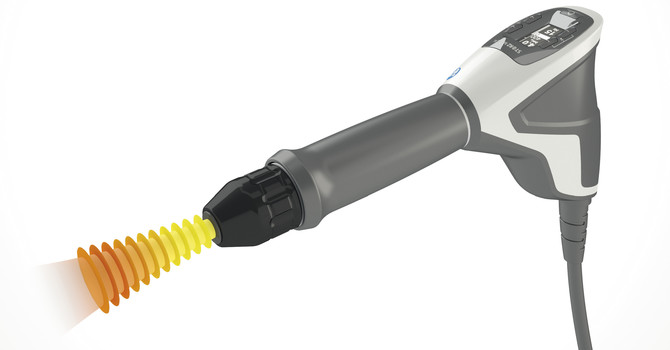
Sympathetic Nervous System
Your autonomic nervous system is comprised of two parts: sympathetic and parasympathetic. Picture the two working like a seesaw: the more you use one of the systems, the less the other is utilized. Your sympathetic nervous system is your 'fight or flight' portion which functions when there are threats or excessive external stimuli. This fight or flight response is an evolutionary survival mechanism enabling humans to react quickly to life-threatening situations such as an oncoming car or a wild animal speeding towards them. But your body may also react during non-life threatening stress too, like technology, traffic jams, creating a presentation at work, or family arguments. Your sympathetic nervous system causes increased heart rate, increased oxygen intake, pupil dilation, and decreased stimulation to your digestion and bladder. This is what your body does if it is in a threatening situation, NOT how it should be acting as you lay down to sleep
Parasympathetic Nervous System
The parasympathetic nervous system (PNS) is the 'rest and digest' portion of your autonomic nervous system. The PNS causes a decrease in heart rate, decreased oxygen intake, pupil constriction and increased stimulation to your digestion and bladder. The PNS is the part of the nervous system we utilize when we are relaxed. Our body can digest its food and rest from the stressors of daily life. If our body is sympathetically driven all of the time (constantly stimulated), our body does not have the ability to utilize the PNS and relax.
How Balanced Is Your Nervous System?
Now that we understand the two parts of the nervous system, think about which part of the nervous system you use more than the other. On a daily basis are you stuck in traffic, excessively using technology, pressured on work deadlines, or stressed about family situations? Your sympathetic nervous system is working in overdrive. Stress is inevitable but how well do you deal with it? Do you have time blocked out during your day to physically and mentally reset? Do you have time in the day when you are completely relaxed? Think about the answers to those questions and think if your answers may affect your sleeping patterns.
What Can I Do?
The sympathetic nervous system is what speeds your body up and the parasympathetic nervous system is what slows your body down. Sleep is the ultimate state of parasympathetic nervous system function. How can we expect to have a good night sleep when our bodies are constantly in a sympathetic state? Shut off all technology at least an hour before bed. Do not drink caffeine past noon. Find 10-20 minutes a day to meditate and let your parasympathetic nervous system work. When you find yourself laying wide awake unable to sleep ask yourself how much your parasympathetic nervous system was used. Relax. It will help with your sleep.

Admin
Contact Me



